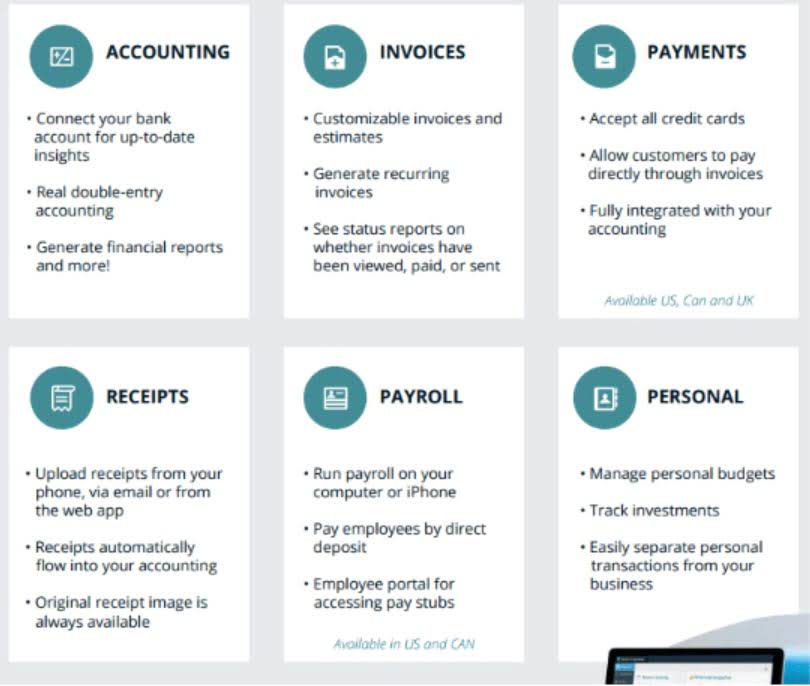
This financing method is essential for maintaining a diverse and appealing inventory without straining the dealership’s cash flow. Running a car dealership involves more than just selling vehicles; it requires meticulous Bookstime financial management to ensure profitability and compliance. Accounting practices in this industry are uniquely complex due to the high value of inventory, diverse revenue streams, and intricate financing arrangements. This article explores the importance of auto dealership accounting and uncovers key strategies to streamline operations and maximize profitability. Moreover, consistent financial reporting facilitates accurate analysis of the dealership’s financial performance over time.

The Role of Accounting Software in Dealerships
It allows dealerships to recognize revenue when a sale is made, even if the customer has not yet paid. By regularly monitoring the gross profit margin, dealerships can identify if their pricing strategies are effective and if their operational costs are under control. It helps them understand the profitability of each sale and make necessary adjustments to improve overall financial performance. Regular audits provide insights into your inventory and financial health, giving you car dealership accounting peace of mind that your records are accurate.

What Are the Implications of Non-Compliance with Tax Regulations?
- Audits can be scheduled monthly, quarterly, or annually, depending on the size and complexity of the dealership’s operations.
- Consider the following practices when looking for ways to empower your accounting team to learn and grow.
- A dealership usually maintains a lot of vehicle inventory on the premises, and they’re usually financed with asset-backed loans that are called floorplan loans.
- To boost revenue in your car dealership, focus on upselling and enhancing customer service.
- Every transaction, from showroom sales to service invoices, impacts your bottom line.
A car dealership accounting department is responsible for those funds and keeps track of all money coming in and going out. There are a lot of moving parts, and it is hard work – especially for some smaller dealerships that have accounting departments made up of one or two people. Automation in inventory management helps dealerships improve efficiency, eliminate errors, and streamline operations. Technology simplifies the procedure, saving you time and money while enabling better monitoring of inventory.
How Can Dealerships Improve Financial Performance?
- It’s crucial to maintain financial health and operational efficiency for a business to be streamlined with every process.
- Though, if the lender also happens to be the manufacturer, it can issue a credit to offset the interest charges, which encourages the dealership to acquire more vehicles from it.
- Accurate sales tracking helps forecast future sales and understand consumer demand patterns.
- The fear of change takes a backseat to the excitement for new processes and technology that can pave a new way forward.
- Ensuring compliance with these taxes maintains the dealership’s financial health and legal standing.
Dealerships must carefully track inventory levels, value inventory accurately, and employ appropriate costing methods to determine the cost of goods sold. Every transaction, from showroom sales to service invoices, impacts your bottom line. But, how can adopting rigorous auto dealer accounting practices transform these everyday transactions into a roadmap for financial success? In this article, unravel auto dealer accounting and discover strategies that could rev up your dealership’s financial What is bookkeeping performance.
High-Quality Used and Certified Pre-Owned Cars for Sale

Also, by using a CRM, dealerships can identify areas for improvement and streamline their accounting methods, facilitating easier reconciliation of transactions at the end of the month. Optimizing profitability through financial reporting is crucial for businesses to stay competitive. By utilizing tools like AutoRaptor CRM, companies can track and analyze financial data to make informed decisions leading to increased profits.
